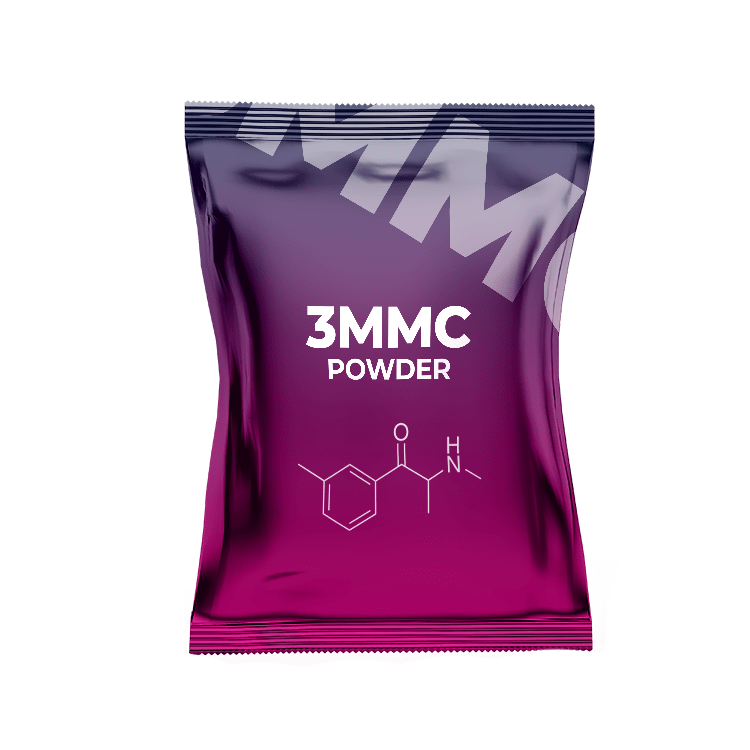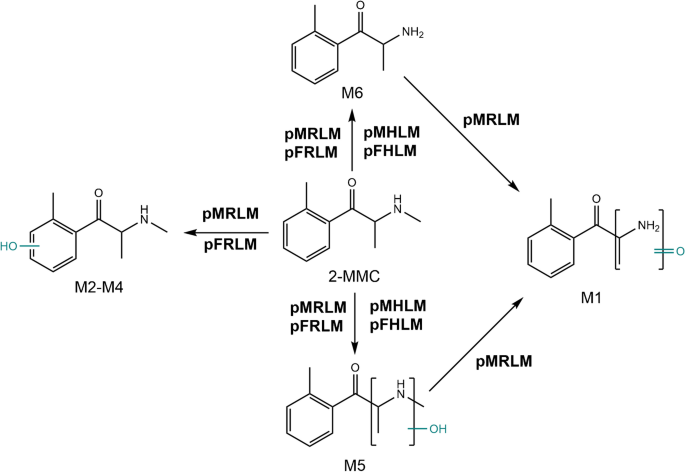Helping a friend who uses 3-MMC (3-Methylmethcathinone) can be a challenging but crucial task. This synthetic stimulant often sold as a “research chemical has gained popularity in recent years, but its use comes with significant risks. This article provides a comprehensive guide on how to support a friend struggling with 3-MMC use, covering everything from understanding the substance to offering emotional and practical support. Whether you’re looking to educate yourself or take actionable steps, this guide will equip you with the knowledge and tools to make a positive difference.
- Understanding 3-MMC
- Recognizing the Signs of 3-MMC Use
- Starting the Conversation
- Offering Support and Resources
- Long-Term Strategies for Recovery
How to Help a Friend Who Uses 3-MMC
Understanding 3-MMC
3-MMC also known as 3-Methylmethcathinone is a synthetic stimulant and entactogen that belongs to the cathinone class. It is chemically similar to substances like mephedrone (4-MMC) and has effects that are often compared to MDMA or amphetamines. Users report feelings of euphoria increased energy and enhanced sociability but these effects come with significant risks including addiction cardiovascular issues and mental health problems.
3-MMC is often sold as a “research chemical” or “legal high which can make it seem less dangerous than it actually is. However, its legal status varies by country, and its unregulated nature means that users often don’t know the exact composition or dosage of what they’re consuming. This lack of regulation increases the risk of overdose and adverse effects.
If you’re looking to 3mmc buy online it’s essential to understand the risks involved. While the substance may be easily accessible its potential for harm is significant and supporting a friend who uses it requires a deep understanding of its effects and dangers.

Understanding the pharmacology of 3-MMC is also crucial. The substance primarily works by increasing the release of neurotransmitters like dopamine serotonin and norepinephrine in the brain. This leads to the pleasurable effects but also contributes to the risk of addiction and long-term neurological damage. By educating yourself about how 3-MMC affects the brain and body you can better support your friend in making informed decisions about their use.
Recognizing the Signs of 3-MMC Use
Recognizing the signs of 3-MMC use is the first step in helping a friend. Physical signs may include dilated pupils increased heart rate excessive sweating and restlessness. Behavioral changes such as increased sociability talkativeness or sudden mood swings can also indicate use. In more severe cases you might notice signs of paranoia anxiety or aggression.
It’s important to approach this topic with sensitivity. Accusing someone of drug use without evidence can damage your relationship and make them less likely to seek help. Instead look for patterns of behavior that suggest a problem such as neglecting responsibilities changes in social circles or financial difficulties.
Another key sign to watch for is withdrawal symptoms. When someone stops using 3-MMC they may experience fatigue depression irritability and cravings. These symptoms can be intense and may lead to relapse if not properly managed. Recognizing these signs early can help you intervene before the situation escalates.

If you suspect your friend is using 3-MMC it’s essential to gather information and approach the situation with empathy. Avoid judgmental language and focus on expressing concern for their well-being. Remember the goal is to help not to alienate.
Starting the Conversation
Starting a conversation about drug use can be daunting but it’s a necessary step in helping your friend. Choose a time and place where you can speak privately and without interruptions. Begin by expressing your concern in a non-confrontational way. For example you might say “I’ve noticed some changes in your behavior lately and I’m worried about you.”
It’s important to listen more than you speak. Allow your friend to share their thoughts and feelings without interruption. Avoid making assumptions or jumping to conclusions. Instead ask open-ended questions like “How have you been feeling lately?” or “Is there anything you’d like to talk about?”
If your friend is open to discussing their use try to understand their reasons for using 3-MMC. Are they using it to cope with stress anxiety or depression? Or is it a social activity that has spiraled out of control? Understanding their motivations can help you offer more targeted support.
Be prepared for resistance or denial. Your friend may not be ready to admit they have a problem and that’s okay. The goal of the conversation is to plant the seed of awareness and let them know you’re there to support them when they’re ready to seek help.
Offering Support and Resources
Once your friend is open to discussing their 3-MMC use it’s time to offer support and resources. Start by encouraging them to seek professional help. This could include seeing a doctor therapist or addiction specialist. Offer to help them find a healthcare provider or accompany them to appointments if they’re comfortable with that.
There are also numerous online resources and support groups that can provide information and assistance. Websites like 3mmc shop may offer insights into the substance but it’s crucial to focus on harm reduction and recovery. Encourage your friend to explore forums hotlines and educational materials that can help them understand the risks and take steps toward recovery.
In the meantime you can offer practical support. This might include helping them create a safe and structured environment avoiding triggers and setting boundaries. For example you could suggest activities that don’t involve drug use such as exercise hobbies or spending time with supportive friends and family.

Remember recovery is a process and setbacks are common. Be patient and continue to offer support even if your friend relapses. Celebrate small victories and remind them that progress not perfection is the goal.
Long-Term Strategies for Recovery
Supporting a friend through long-term recovery from 3-MMC use requires a sustained effort. Encourage them to build a strong support network including friends family and professionals who can provide ongoing guidance and encouragement. Regular therapy or counseling can be particularly helpful in addressing the underlying issues that may have contributed to their drug use.
It’s also important to focus on lifestyle changes that promote overall well-being. This might include adopting a healthy diet engaging in regular physical activity and practicing stress management techniques like mindfulness or meditation. These changes can help your friend build resilience and reduce the likelihood of relapse.
Finally be mindful of your own well-being. Supporting someone through recovery can be emotionally taxing and it’s essential to take care of yourself as well. Consider joining a support group for friends and family of individuals struggling with addiction or seek counseling if you’re feeling overwhelmed.
By taking a proactive and compassionate approach you can make a significant difference in your friend’s life. Recovery is a journey and your support can be a crucial part of their success.
 Cart is empty
Cart is empty
Leave A Comment